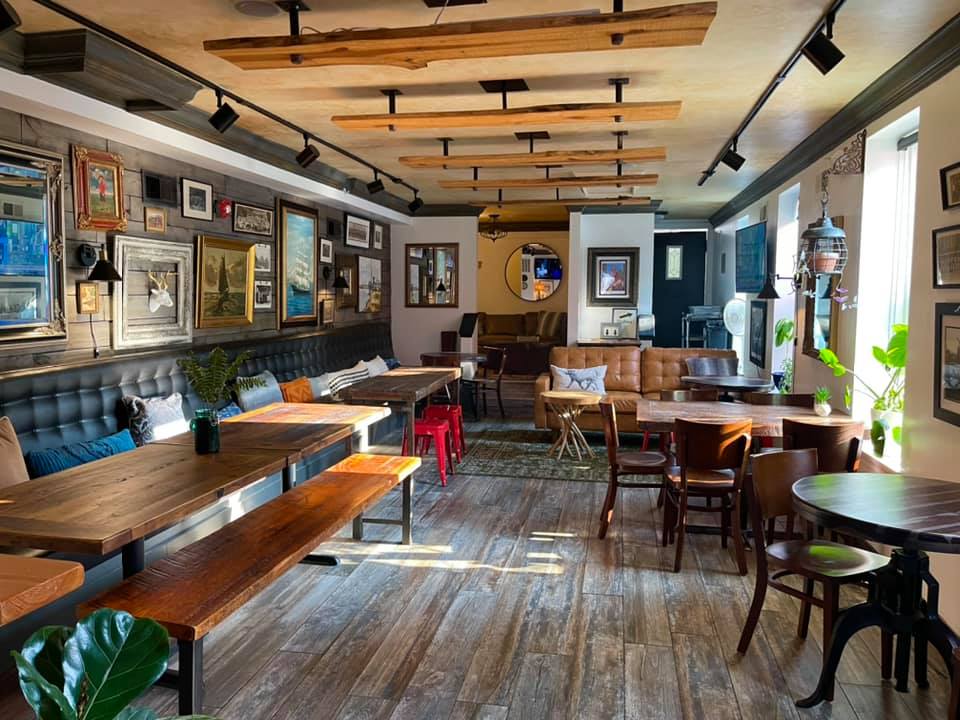As companies go remote, the business organizations of Maryland are changing.
It’s a time when businesses are less connected to brick-and-mortar HQs and the metaverse is looming, and local economic development groups are asking themselves where they fit. How do they continue to be impactful for companies that might have the majority of their workforce based outside the region?
For the Economic Alliance of Greater Baltimore and the Greater Baltimore Committee, the solution was to merge and become an even bigger economic development group. Maryland Tech Council (MTC), on the other hand, has responded by expanding its reach, not its size. And with that expanded reach, the MTC is both thinking beyond the state’s borders and preaching the gospel of Maryland’s biotech manufacturing prowess, CEO Marty Rosendale told Technical.ly.
“Our role has changed from being a strictly Maryland-based and -centered organization, to now we have a much more international reach and we can help our members with their own international reach,” he said.
That reach is a silver lining of the pandemic for the tech council. Its Bio Innovation Conference, a hybrid event held last October, had 10,000 watch virtually; only 225 attended in person, according to Rosendale.
Tech agency Mindgrub is an example of the new definition of Maryland-based companies MTC serves now, Rosendale said: A good percentage of its workers are still in Maryland, and remote. Increasingly, that workforce is becoming distributed across the nation. But its leaders still claim Baltimore as home base — alongside the metaverse.
The reality is that Maryland is now competing for talent in a global economy instead of a regional economy.
“That sense of place is changing, certainly, but it’s not going to go away 100% and it can’t,” Rosendale said. “Because you always have to manufacture things,” usually in person.
Rosendale pins his hopes on the recent boom of biotech manufacturing in Maryland, noting the National Institutes of Health and federal labs that live along the I-270 corridor known as DNA Valley. The way Maryland’s life sciences sector sprung to action during the pandemic proved the states’ strength as the BioHealth Capital Region, and continued investment in the life sciences might be the path to finding companies that are willing to plant firm roots in the state.
But remote work is still continuing to change, and organizations like the MTC will have to continue to adjust to the new methods of work. Yes, that might include the metaverse.
“Will we buy real estate in the metaverse, I don’t know,” Rosendale said. “Those are things we have to continue to learn and respond to.”
Donte Kirby is a 2020-2022 corps member for Report for America, an initiative of The Groundtruth Project that pairs young journalists with local newsrooms. This position is supported by the Robert W. Deutsch Foundation.
This editorial article is a part of What Local Means Now Month of Technical.ly's 2022 editorial calendar.
Before you go...
Please consider supporting Technical.ly to keep our independent journalism strong. Unlike most business-focused media outlets, we don’t have a paywall. Instead, we count on your personal and organizational support.
Join our growing Slack community
Join 5,000 tech professionals and entrepreneurs in our community Slack today!

The person charged in the UnitedHealthcare CEO shooting had a ton of tech connections

From rejection to innovation: How I built a tool to beat AI hiring algorithms at their own game

Where are the country’s most vibrant tech and startup communities?


